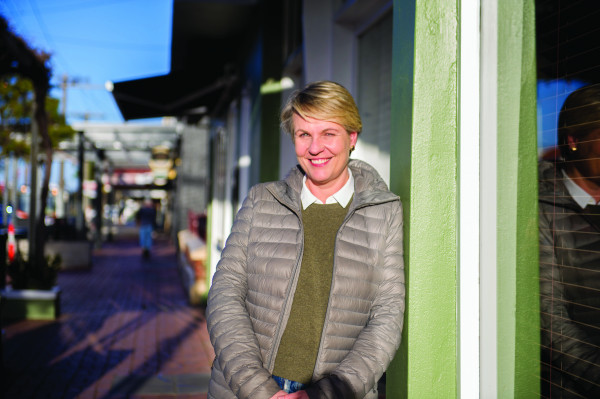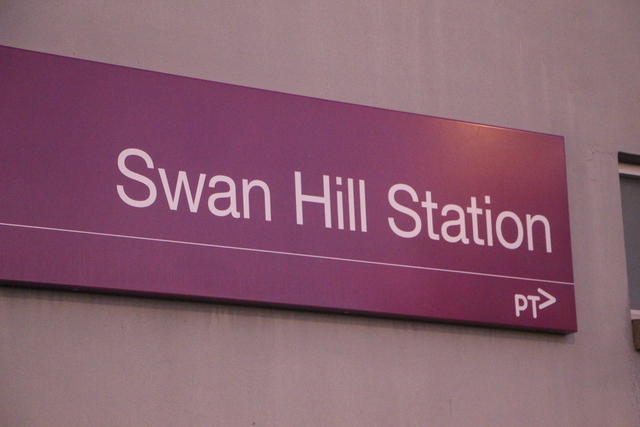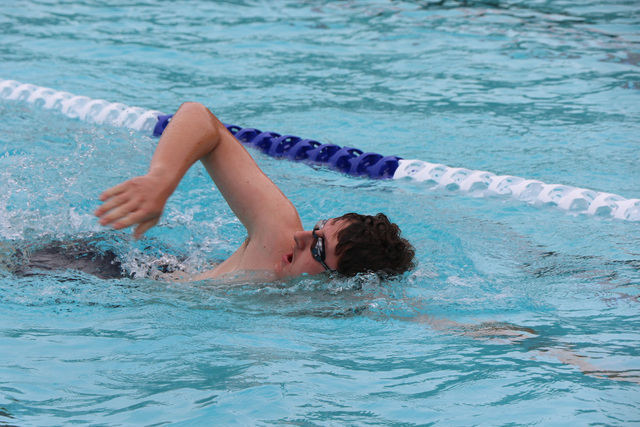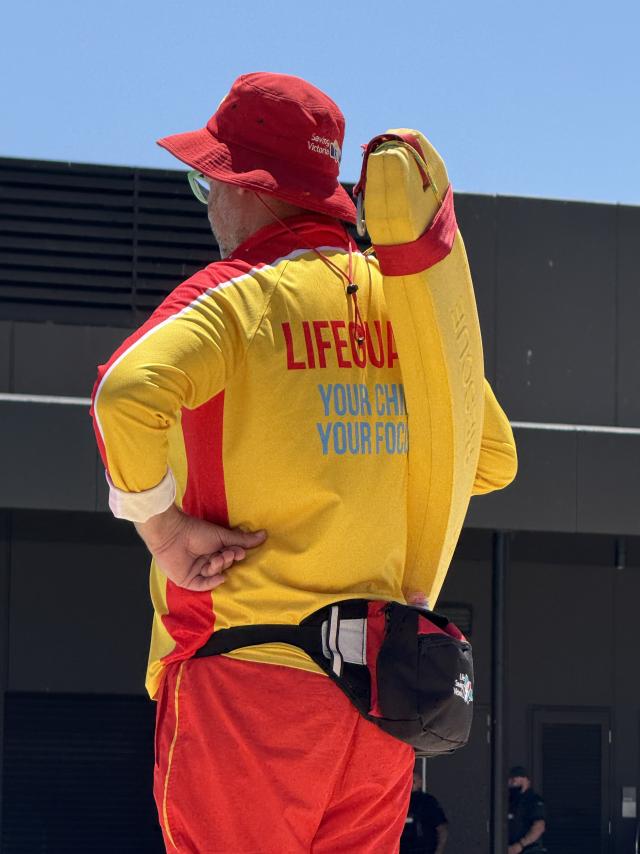FEDERAL Water Minister Tanya Plibersek has been urged to “get out of the concrete jungle” and learn more about how water can be “effectively managed”.
The Murray Regional Strategy Group, which represents community and farming groups in the NSW Murray region, said it continued to be concerned that Ms Plibersek refused to undertake an “educational tour” of a region “impacted more than any other by her ill-advised policies”.
MRSG chair Geoff Moar said Ms Plibersek was last year invited to the NSW Murray by the group but she had not yet accepted.
“She is making decisions on Australia’s future, yet has never inspected the area that is arguably the most complex in the basin,” Mr Moar said.
“This is despite numerous efforts from MRSG and other groups who want to show the minister why some of her Murray-Darling Basin Plan policies are not the best way to guarantee a sustainable environment.”
Mr Moar said Ms Plibersek needed to improve her understanding of river flows, connectivity and “sensible solutions that will benefit our environment and local communities”.
He said it was “devastating” for communities to see Ms Plibersek “smiling” as she promoted water buybacks in parliament.
“Water buybacks are the worst way to recover water,” he said.
“They are lazy and expensive, which makes this bad policy and poor governing.
“The minister wants to recover water from our region, but does not seem to grasp the reality that this will not solve downstream environmental problems, including fish kills in the Darling system.
“If the whole aim of the basin plan is to supply Adelaide and surrounds with abundant water at the cheapest prices, and keep the Lower Lakes at a constant height with fresh water for recreational purposes, we are heading in the right direction.
“Unless we see change, history will not look kindly on the manner in which the basin plan was implemented.
“It is going to destroy farmers and communities, and those left in our irrigation systems will not be able to afford to irrigate because running the system will fall on too few and be unaffordable.”
The first water buybacks since 2020 were completed by the government last week, with 26GL of water recovered for the Lachlan, Namoi and NSW Murray catchments following a tender process. This water is part of the Bridge the Gap target, an element of the original basin plan legislation to buy back 2100GL for environmental water, of which there is now still 18GL to recover. This water is not a part of the 450GL environmental water recovery target.
Ms Plibersek said she was confident the government would be able to buy the remaining water for the Bridge the Gap target, with contractual processes still under way.
“I’ve been clear that water purchasing is just one tool in the box to recover water, and this tender has shown it can be effective,” she said.
“Through these willing sellers, we will return water that is desperately needed to restore our rivers, and support the plants, animals and communities that rely on it.”
Ms Plibersek was contacted for comment on the MRSG’s claims.







